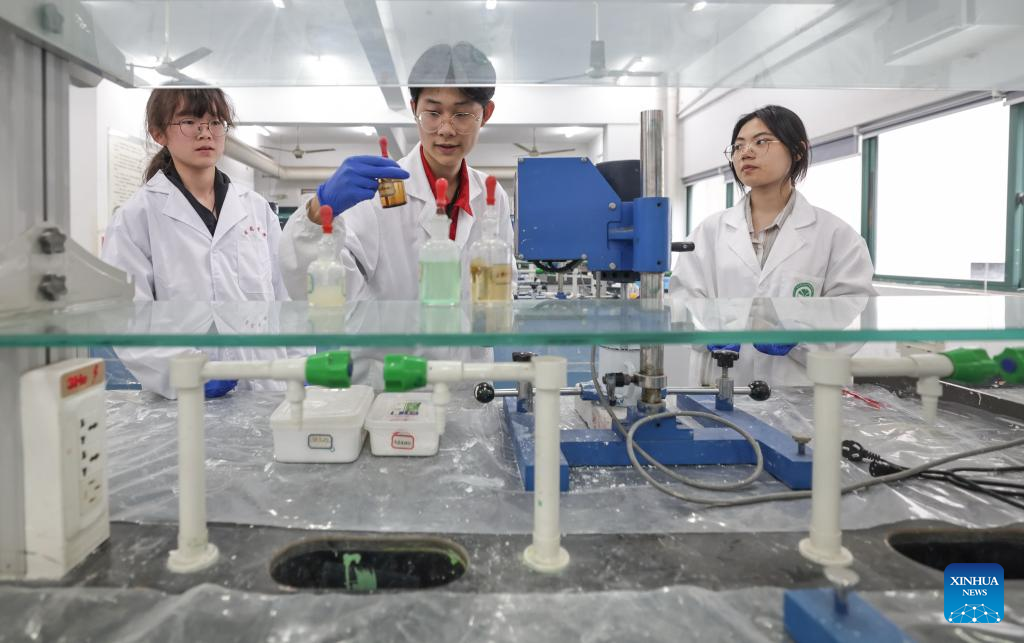
The China Association for Science and Technology has launched this year's special talent cultivation project for PhD students, further expanding the scale and scope of funding to develop the scientific and technological capabilities of young people.
Focusing on academic funding and national condition research, the project motivated 179 academic associations to train 3,225 PhD students from 129 universities during last year's pilot.
This year, further improvements have been made based on pilot experience, including expanding the scope of support, clarifying requirements for targeted recipients, and enhancing the work's effectiveness and specificity.
This year's project has expanded funding coverage by lifting the restriction of solely targeting university students to include all universities and scientific research institutions authorized to confer doctoral degrees. However, to ensure recipients have sufficient time and energy to complete various cultivation activities, applicants should, in principle, have more than two years remaining until graduation.
The recommendation model has been optimized by implementing a dual-recommendation and dual-cultivation mechanism involving provincial associations for science and technology and national academic societies. Both entities are responsible for cultivating recipients within their respective regions or disciplines, and quotas are allocated based on regional disparities in education and talent resources.
ALSO READ: New research universities in China lure bright minds with prospects
A special emphasis has been placed on professional and social training. The project will select major national projects, strategic initiatives and large-scale scientific facilities as short-term, on-site practice sites for recipients. By working as assistants, they will have the opportunity to observe and experience firsthand the operation of major national projects, the functions of strategic initiatives, and the achievements of large-scale scientific facilities.
In addition, recipients will engage deeply with enterprises to conduct in-depth technical research, helping to bridge the gap between research and industry. The channels for grassroots services will also be broadened by organizing recipients to provide technological consultations and deliver science popularization lectures at the grassroots level, enhancing their sense of responsibility and practical abilities while serving society.


